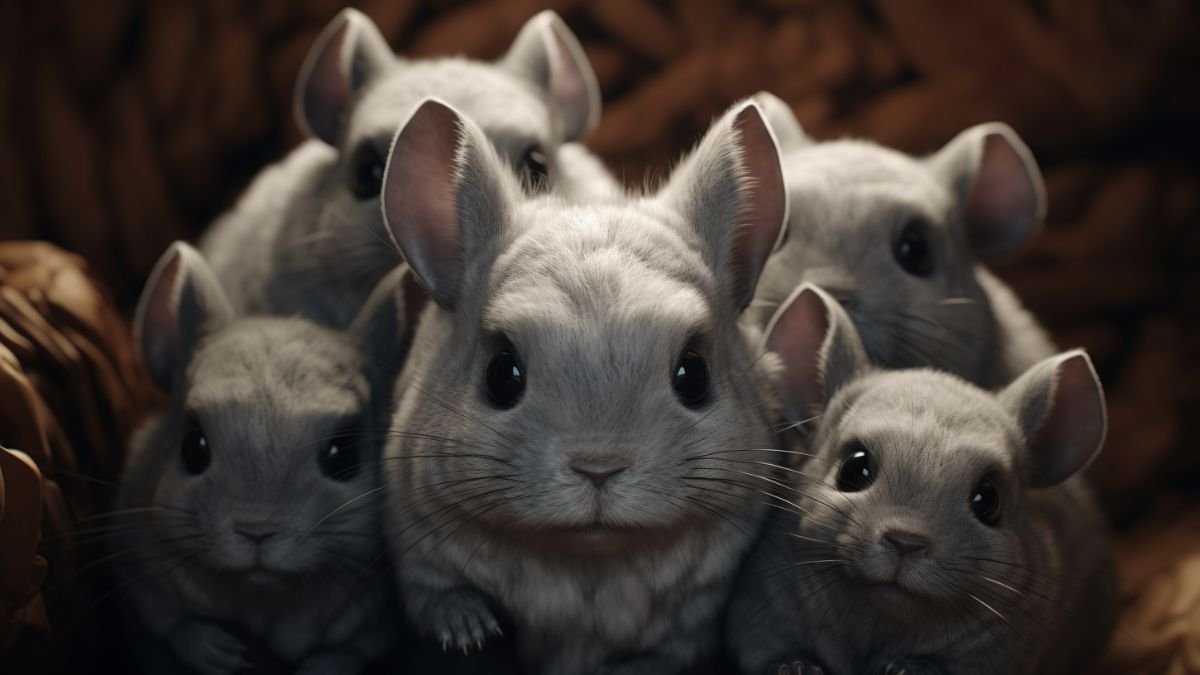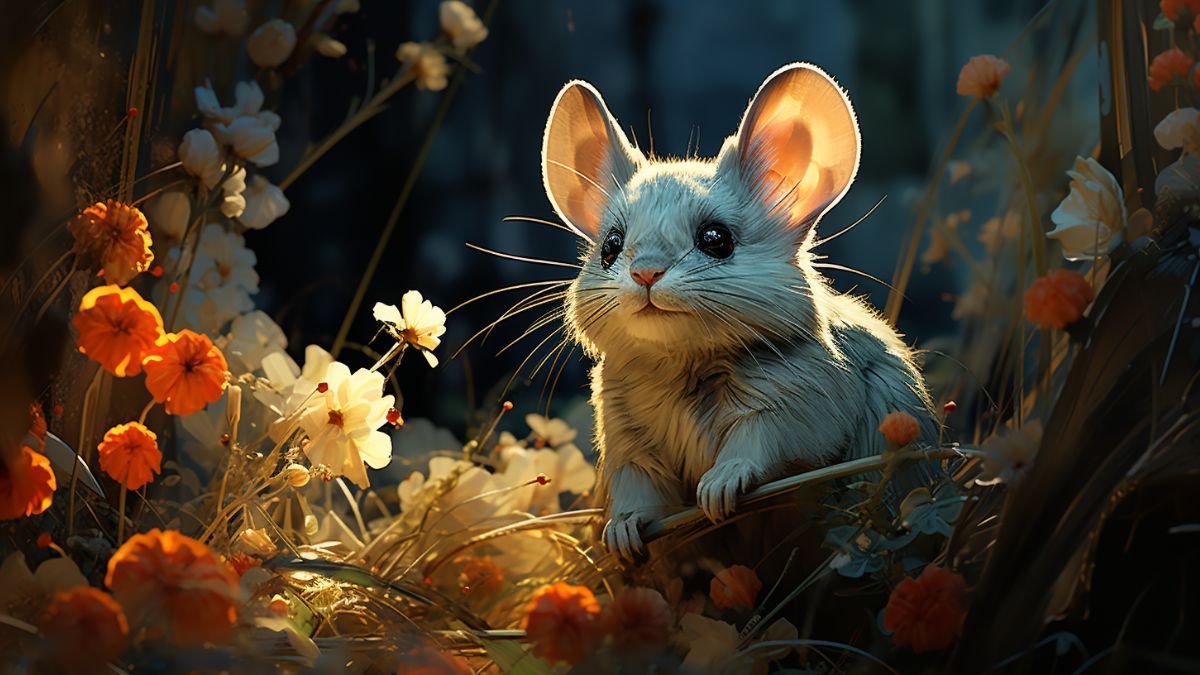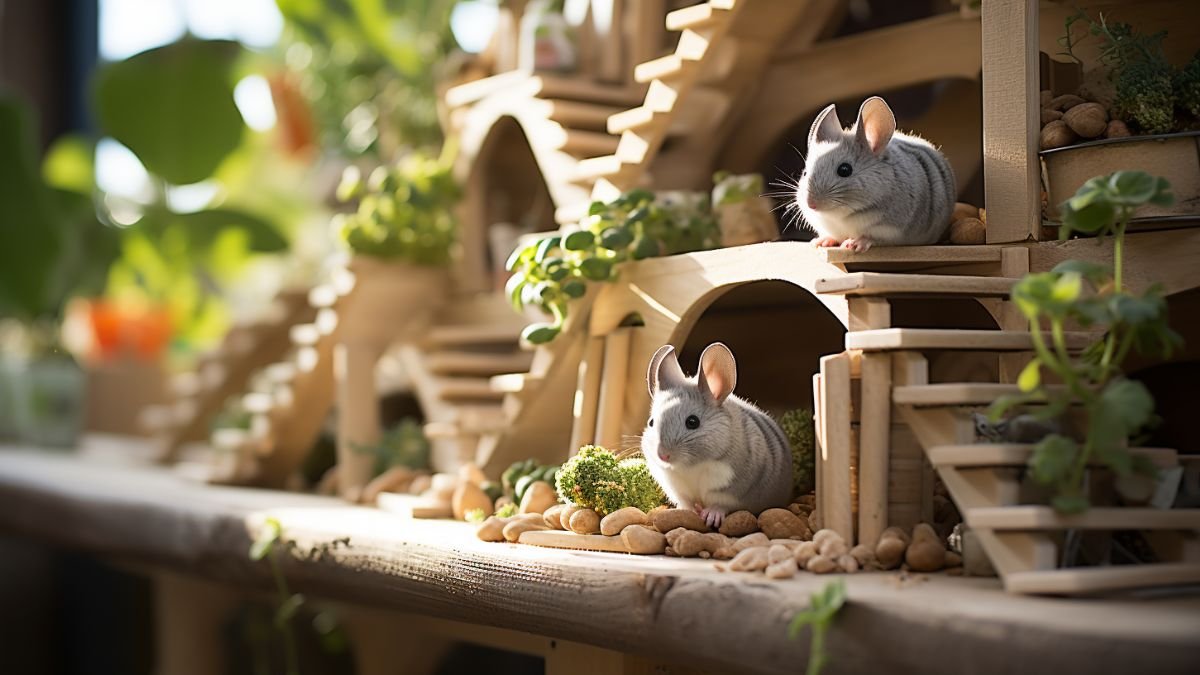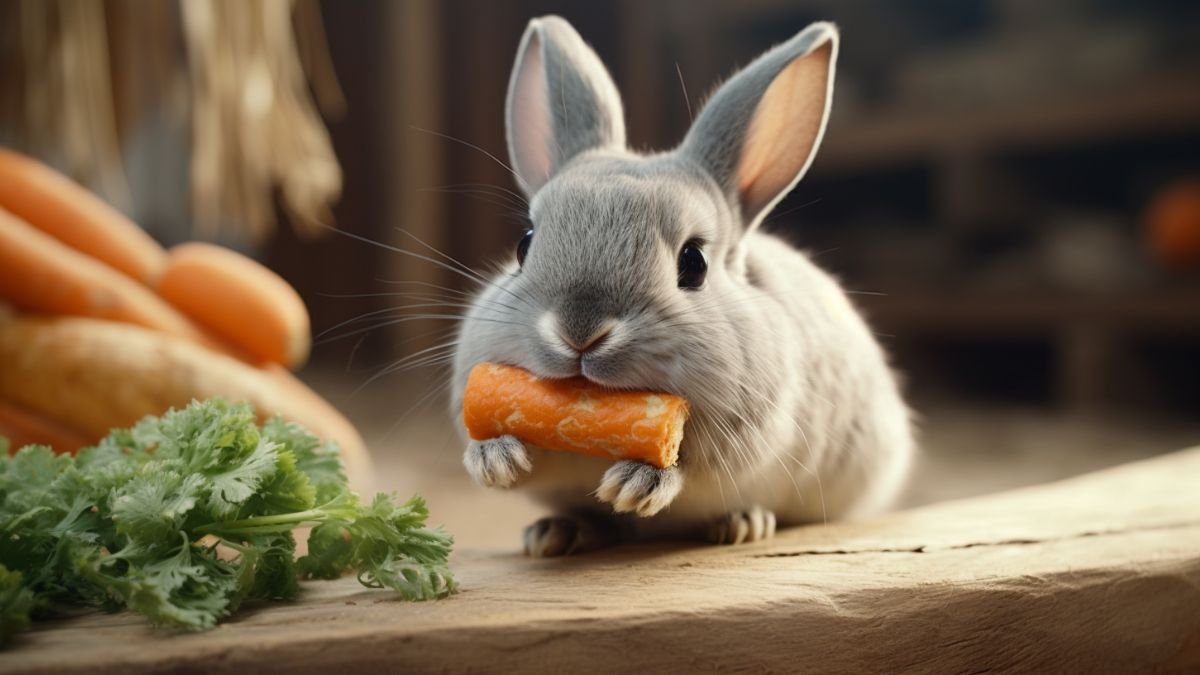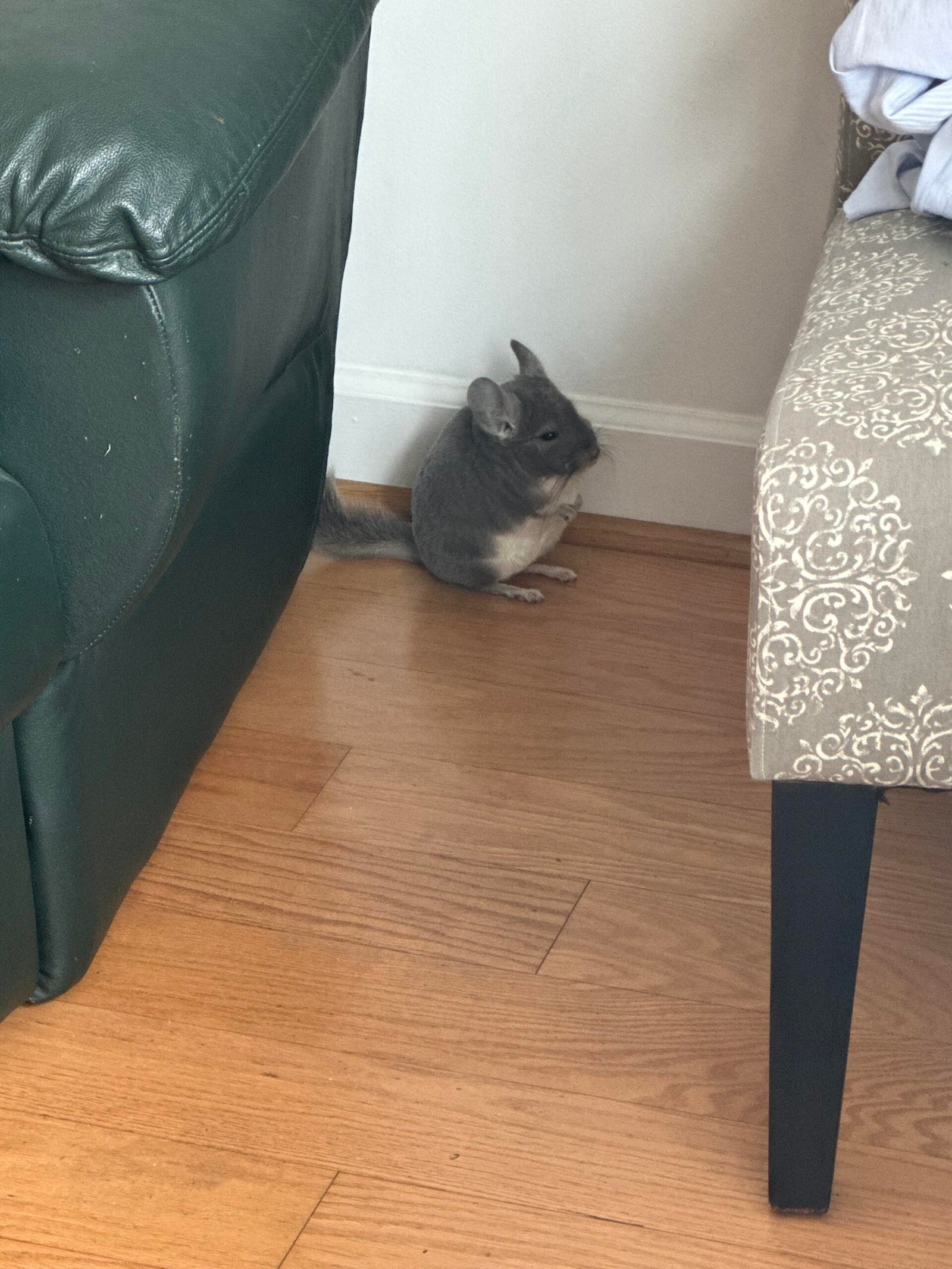
Planning a holiday or a trip can be exciting, but what about your chinchilla? These small, delicate pets need special care when you’re away.
If you want to make sure your chinchilla stays happy and safe while you travel, you need to prepare properly. You’ll discover simple, effective steps to get your chinchilla ready for your time away. Keep reading to learn how to protect your furry friend and enjoy your trip with peace of mind.
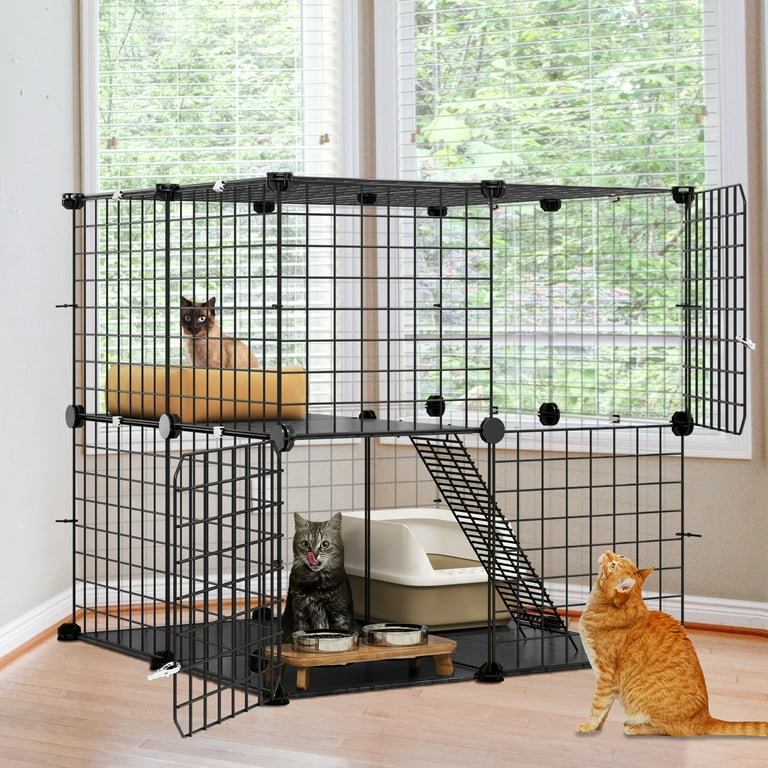
Choosing The Right Travel Carrier
Choosing the right travel carrier is very important for your chinchilla’s comfort and safety. A good carrier makes travel less stressful for your pet. It also helps you carry your chinchilla with ease. Picking the wrong carrier can cause discomfort and fear.
Think about your chinchilla’s size and behavior. Your pet needs enough space to sit and turn around. The carrier should keep your chinchilla safe from bumps and sudden movements. Ventilation is also key to keep air flowing.
Size And Space
The carrier must be big enough for your chinchilla to move. Too small means stress and discomfort. A tight space can make your pet anxious. Ensure there is room for bedding and a water bottle.
Material And Durability
Choose a carrier made from strong materials. Plastic or hard-sided carriers offer good protection. Soft carriers can be less safe but easier to carry. Check for chew-proof materials to protect from teeth marks.
Ventilation And Airflow
Good airflow prevents overheating and keeps your chinchilla calm. Look for carriers with plenty of ventilation holes or mesh panels. Avoid carriers with blocked or small vents that limit air.
Ease Of Cleaning
Your chinchilla may urinate or shed during travel. Pick a carrier that is easy to clean. Removable trays or washable liners are helpful. Clean carriers keep your pet healthy and comfortable.
Security Features
Check the carrier’s doors and locks carefully. They should close tightly to prevent escapes. Secure fasteners reduce risk of accidents. A well-secured carrier protects your chinchilla during travel.
Packing Essentials For Your Chinchilla
Packing for your chinchilla before a trip is very important. It keeps your pet safe and comfortable. You need to bring everything your chinchilla needs daily. This helps avoid stress during travel and stay.
Knowing what to pack makes the trip easier for both you and your chinchilla. Here are some key items to include.
Packing A Secure Travel Cage
Choose a cage that is sturdy and well-ventilated. It should be big enough for your chinchilla to move a little. Make sure the cage locks tightly. Avoid cages that can tip over easily.
Bringing Familiar Bedding
Pack your chinchilla’s usual bedding. It helps your pet feel at home. Use soft, dust-free material to keep your chinchilla comfortable. Avoid using bedding that can cause allergies or discomfort.
Carrying Enough Food And Water
Take enough food for the whole trip. Chinchillas need a steady diet of hay and pellets. Pack fresh water in a spill-proof bottle. Keep extra treats to calm your chinchilla if needed.
Including Dust Bath Supplies
Chinchillas need dust baths to stay clean. Bring a small container with chinchilla dust. Plan short bath times during the trip. This keeps your pet healthy and happy.
Adding Comfort Items
Pack a few toys your chinchilla likes. They reduce boredom and stress. A small blanket or hiding house can help your pet feel safe. Keep your chinchilla’s space familiar and cozy.
Maintaining A Comfortable Temperature
Chinchillas need a steady, cool temperature during holidays or trips. They cannot handle heat well. Keeping the right temperature is key to their comfort and health. Too much heat can cause serious problems. Cold also can be harmful. A balanced environment keeps your chinchilla happy and safe.
Temperature Range For Chinchillas
Chinchillas do best in temperatures between 60°F and 70°F (15°C to 21°C). Avoid letting it rise above 75°F (24°C). High heat can cause heatstroke. Keep the temperature steady. Sudden changes stress your pet. Check the temperature often, especially in new places.
Using Cooling Methods
Use fans or air conditioners to cool the area. Do not point fans directly at your chinchilla. Use a ceramic tile or marble slab in their cage. These stay cool and help your chinchilla lower its body heat. Avoid ice or very cold objects. They can cause illness.
Protecting From Cold
Chinchillas can get cold if the temperature drops below 50°F (10°C). Use a quiet heater in the room if needed. Keep the cage away from drafts or open windows. Add soft bedding for warmth. Avoid heavy blankets. They may cause overheating or breathing problems.
Monitoring Temperature During Travel
Travel can change the temperature quickly. Use a thermometer in the travel cage. Check it often. Stop if your chinchilla shows signs of stress. Provide shade in the car or carrier. Never leave your chinchilla alone in a hot or cold vehicle.
Adjusting Your Chinchilla’s Diet
Adjusting your chinchilla’s diet is important before any holiday or trip. Changes in location or routine can stress your pet. Stress can cause eating problems or stomach issues. Preparing their diet helps keep your chinchilla healthy and happy during travel. Start the adjustment at least a week before your trip.
Maintain Their Regular Food
Keep feeding your chinchilla the same pellets and hay. Sudden diet changes can upset their stomach. Avoid introducing new treats or foods before traveling. Familiar food helps reduce stress and keeps digestion steady.
Control Treat Portions
Limit treats to small amounts during the adjustment period. Too many treats can cause diarrhea or other health issues. Choose healthy, chinchilla-safe treats and give them sparingly. This helps your pet stay balanced and comfortable.
Ensure Fresh Water Supply
Always provide clean, fresh water. Check the water bottle or bowl daily. Dehydration can worsen travel stress. Carry extra water bottles if you travel far. Water helps your chinchilla stay calm and healthy.
Monitor Eating Habits
Watch how much your chinchilla eats every day. Note any decrease in appetite or refusal to eat. Changes in eating can signal stress or illness. Contact a vet if your chinchilla stops eating for more than a day.
Creating A Familiar Environment
Creating a familiar environment helps your chinchilla feel safe during trips or holidays. It reduces stress and keeps their routine steady. Chinchillas are sensitive to change. They rely on familiar sights, smells, and sounds to feel calm.
By setting up a space that mimics their home, you help them adjust better. This section explains how to create that comforting space for your chinchilla.
Bring Their Usual Bedding And Toys
Pack the bedding your chinchilla uses every day. This keeps their sleeping area familiar and soft. Include their favorite toys. These offer comfort and keep them busy.
Use The Same Cage Or Carrier
Take your chinchilla’s regular cage or carrier if possible. The familiar space makes them feel less scared. If a different cage is needed, add their bedding and toys inside.
Keep The Same Food And Water Bowls
Carry the exact bowls your chinchilla uses. New bowls can confuse them. Familiar bowls help maintain their eating habits. Also, pack their usual food and treats.
Maintain Their Daily Routine
Feed and clean at the same times as home. Stick to their normal schedule. Consistent routines reduce anxiety and keep them calm.
Minimize Loud Noises And Bright Lights
Choose a quiet, dim place for their cage. Loud sounds and bright lights stress chinchillas. A calm environment helps them relax during the trip.
Managing Stress During Travel
Travel can be stressful for chinchillas. They like calm and quiet places. Moving to a new place can scare them. Stress can make them sick or unhappy. Helping your chinchilla stay calm is very important. Here are some ways to manage stress during travel.
Choose A Comfortable Carrier
Use a carrier that is well-ventilated and secure. It should be large enough for your chinchilla to sit and turn. Add soft bedding to keep it cozy. Avoid carriers that shake or make noise.
Keep The Environment Quiet
Chinchillas have sensitive ears. Loud sounds can frighten them. Use a cover over the carrier to block noise. Play soft music if it helps soothe your pet. Avoid talking loudly near your chinchilla.
Maintain A Stable Temperature
Chinchillas do not like heat or cold. Keep the carrier away from direct sunlight or air conditioning. A cool, stable temperature helps reduce stress. Check the temperature often during the trip.
Offer Familiar Items
Place a favorite toy or blanket inside the carrier. Familiar smells help calm chinchillas. This makes the new environment less strange. It gives your pet a sense of safety.
Plan For Breaks During Long Trips
Stop often to check on your chinchilla. Offer fresh water and a small snack. Let your pet rest in the carrier quietly. Avoid opening the carrier in unsafe places.
Planning For Breaks And Exercise
Planning breaks and exercise for your chinchilla during trips is very important. Chinchillas need regular activity to stay healthy and happy. Long travel or changes in routine can stress them out. Giving them time to move and rest helps keep their mood stable.
Creating a schedule for breaks and play can reduce anxiety. It also helps your chinchilla adjust to new surroundings. A calm and active chinchilla is easier to care for on holiday.
Set Regular Break Times
Plan short breaks every few hours. Use these breaks to let your chinchilla rest from travel or cage time. Quiet moments lower stress and prevent overexertion. Keep a calm environment during breaks.
Provide Safe Exercise Options
Bring familiar toys or exercise wheels. These keep your chinchilla active in new places. Use a secure playpen for safe roaming. Exercise helps reduce nervous energy and keeps muscles strong.
Monitor Energy Levels
Watch your chinchilla’s behavior closely. Tired or restless signs mean it’s time to pause. Adjust breaks and exercise based on how your pet reacts. Careful observation ensures your chinchilla stays comfortable.
Ensuring Proper Hydration
Proper hydration is crucial for your chinchilla’s health during holidays or trips. Chinchillas can easily get dehydrated due to stress or changes in their environment. Keeping them well-hydrated helps avoid health problems and keeps them comfortable.
Travel and new places can make chinchillas drink less. This increases the risk of dehydration. You must plan how to provide fresh water and encourage drinking.
Provide Fresh Water Constantly
Always carry clean water for your chinchilla. Use a water bottle designed for small pets. Change water often to keep it fresh. Avoid using water bowls that can spill during travel.
Monitor Water Intake
Watch how much water your chinchilla drinks daily. Less drinking may signal stress or illness. If water intake drops, try to encourage drinking by offering water in different ways. Consult a vet if reduced drinking continues.
Use Electrolyte Solutions Carefully
Electrolyte drinks can help if your chinchilla is dehydrated. Use only vet-approved solutions. Do not give sugary or flavored drinks. Always check with a vet before using electrolytes.
Keep Water Cool And Accessible
Chinchillas prefer cool water. Keep the water bottle in a shaded spot. Avoid direct sunlight or hot areas. Make sure your chinchilla can easily reach the water at all times.
Post-trip Care And Recovery
After a trip, chinchillas need special care to recover well. Travel can be stressful for them. Their health and mood can change quickly. Paying attention to their needs helps them feel safe again. A calm environment supports quick recovery. Proper care after the trip keeps your chinchilla happy and healthy.
Provide A Quiet And Comfortable Space
Set up a quiet area for your chinchilla. Avoid loud noises and bright lights. Use familiar bedding and toys. This helps your chinchilla feel secure. Rest is important after travel stress.
Monitor Eating And Drinking Habits
Check if your chinchilla eats and drinks normally. Offer fresh water and favorite foods. Loss of appetite can signal stress or illness. Contact a vet if your pet refuses food for more than a day.
Watch For Signs Of Stress Or Illness
Look for unusual behavior like hiding, lethargy, or aggression. Check for physical signs like sneezing or diarrhea. Early detection of problems helps quick treatment. Keep a close eye for at least three days after travel.
Maintain Regular Grooming And Dust Baths
Chinchillas need dust baths to keep fur clean. Resume baths a day or two after the trip. Groom gently to remove loose fur. This helps reduce stress and maintains fur health.
Keep Interaction Calm And Gentle
Spend quiet time with your chinchilla. Use soft voices and slow movements. Avoid sudden actions that may frighten your pet. Gentle interaction rebuilds trust and comfort.

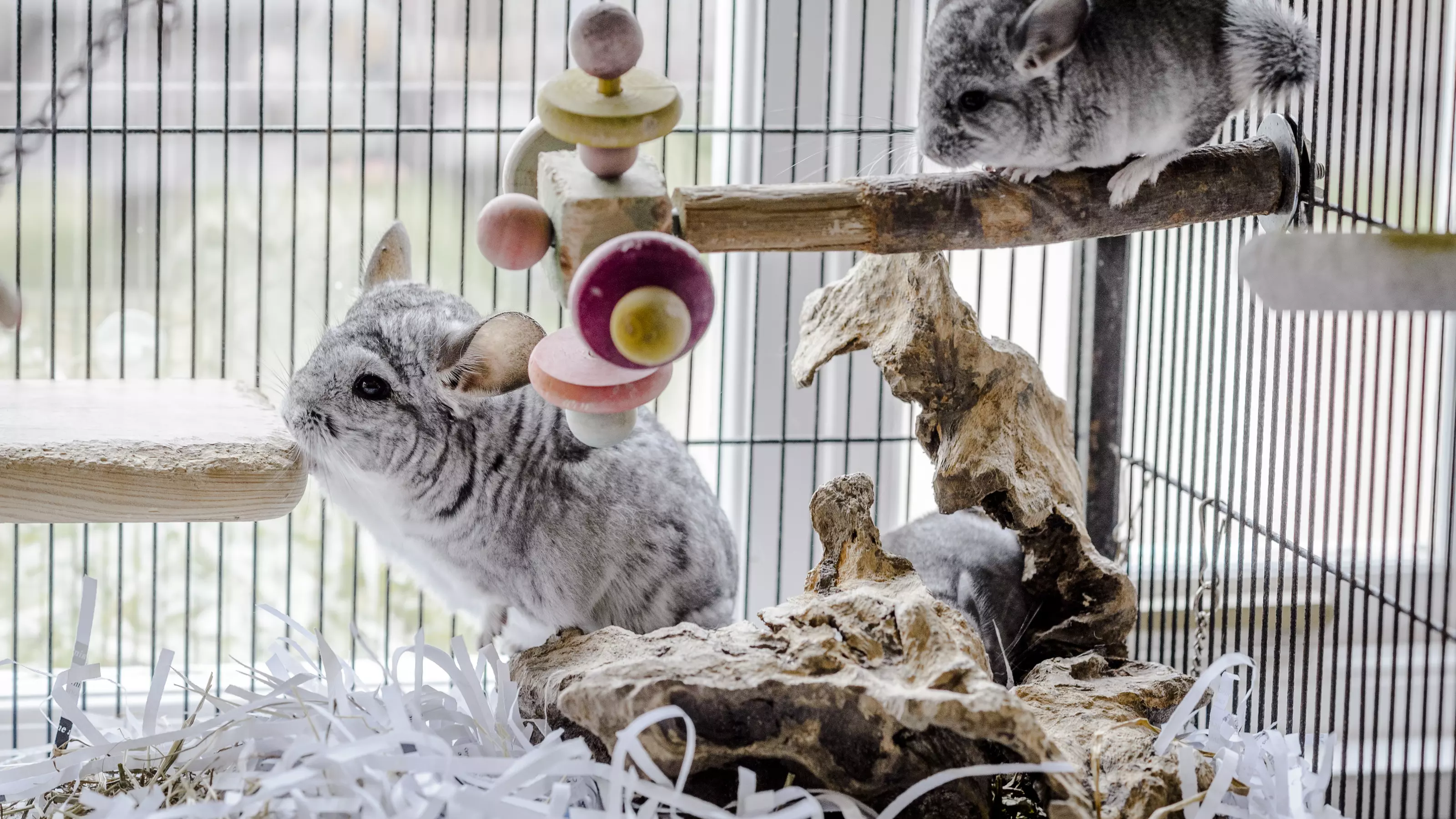
Frequently Asked Questions
How Do I Prepare My Chinchilla Before A Trip?
Start by keeping its routine normal. Pack familiar food, water, and bedding for comfort.
What Travel Cage Is Best For Chinchillas?
Choose a well-ventilated, secure cage that fits your chinchilla comfortably and prevents escapes.
How Long Can Chinchillas Stay In A Travel Cage?
Limit travel time to a few hours. Longer trips need regular breaks and care.
Should I Feed My Chinchilla Before Traveling?
Feed lightly before travel to avoid nausea. Provide fresh water and favorite treats.
How To Keep Chinchillas Calm During Holidays?
Use soft voices and gentle handling. Keep noise low and avoid sudden movements.
Can Chinchillas Handle Changes In Temperature During Trips?
Keep them in a cool, stable temperature between 60-70°F to avoid stress or illness.
What Essential Items To Pack For Chinchilla Trips?
Bring food, water, bedding, a dust bath, and a familiar toy for comfort.
How To Find A Pet Sitter For My Chinchilla?
Choose someone who knows chinchillas well and understands their care and needs.
Conclusion
Preparing your chinchilla for trips takes time and care. Keep their routine steady to reduce stress. Pack familiar items like bedding and toys for comfort. Check their food and water supply before leaving. Always choose a safe and quiet travel carrier.
Watch your chinchilla closely during the journey. These steps help your pet feel calm and happy. Traveling with a prepared chinchilla makes holidays more enjoyable. Your pet will thank you with good health and cheer.

